What started as the Korean New Wave in the late 90s really flourished in the 2000s. The 2010s, however, is where we saw what we can call the “new” golden age for Korean cinema, where several new-name directors made their mark, established filmmakers cemented their names in world cinema, actors became stars, blockbuster cinema raked in big money and independent cinema also thrived. Thanks to the success of films like “The Handmaiden” and “Train to Busan” on a global level, a new audience started having a much keener interest in films from the country, while the unprecedented, historic success of “Parasite” at the end only went on to bookend the truly spectacular decade that the 2010s was for South Korean cinema.
In an effort to winnow some of the best Korean movies of the decade (2011-2020), we came up with 40 we felt were the ones that truly stand out in terms of quality, impact and sheer entertainment they offered. The order of this list could be different of course and the number much bigger, but our effort was towards presenting great films and not cataloguing all of them, always with a focus on diversity in style, themes and filmmakers

Without further ado, here are the 40 Best Korean films of the decade, in reverse order.
*By clicking on the titles, you can read the full reviews.
40. The Throne (Lee Joon-ik, 2015)
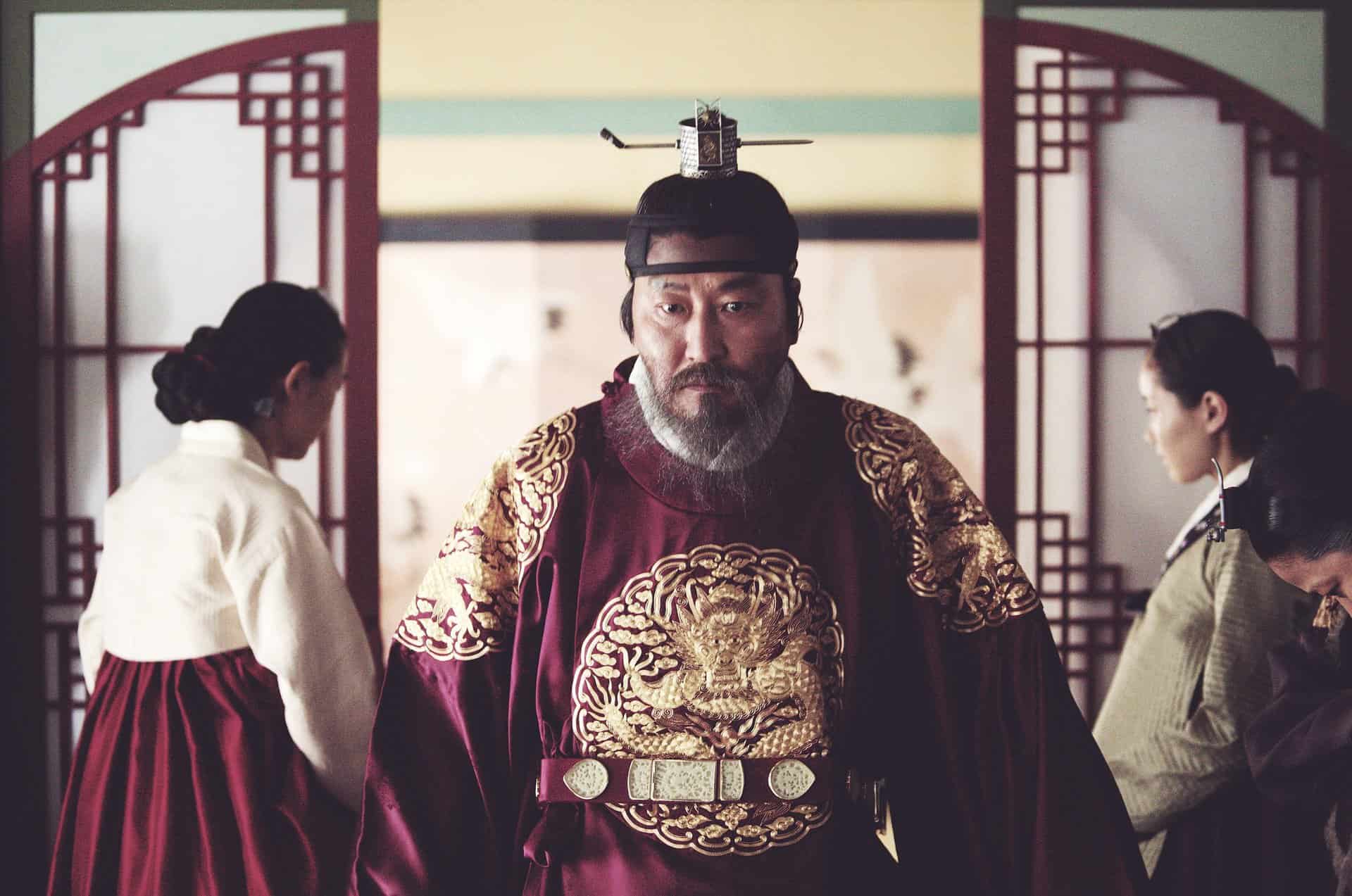
“The Throne” is an audiovisual poem that benefits the most from the production values and the acting, and definitely a worthy entry in the Joseon genre.
Buy This Title
39. A Girl at my Door (July Jung, 2014)
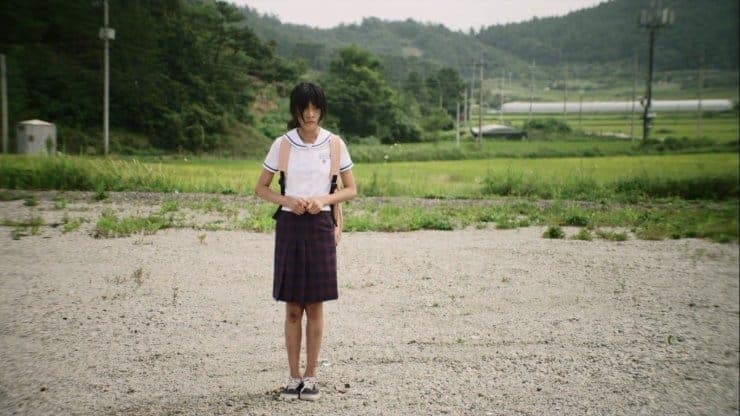
“A Girl at my Door” has an interesting plot (…) it's worth taking a chance to view this movie, due to its important social commentary and the presentation of flawed characters as no one is completely at fault or completely innocent. (Maria Georgiou)
Buy This Title
38. Little Forest (Yim Soon-rye, 2018)

The main merits of this little gem of a movie are its light touch and measured tone. In times where food, cooking and eating are everywhere, “over-metaphorised”, blown up out of proportion and very often used as an easy way through audiences' hearts, it was a real surprise to see how careful and restrained the director and scriptwriter's take was, especially on a source material which is heavily based on recipes (the manga has a precise recipe for every chapter). The subtractive work really pays off here; the meal preparation is incorporated in a completely organic and unfussy way, keeping just its role of nourishment and maternal bond. (Adriana Rosati)
Watch This Title
37. Not in this World (Park Jung-bum, 2019)
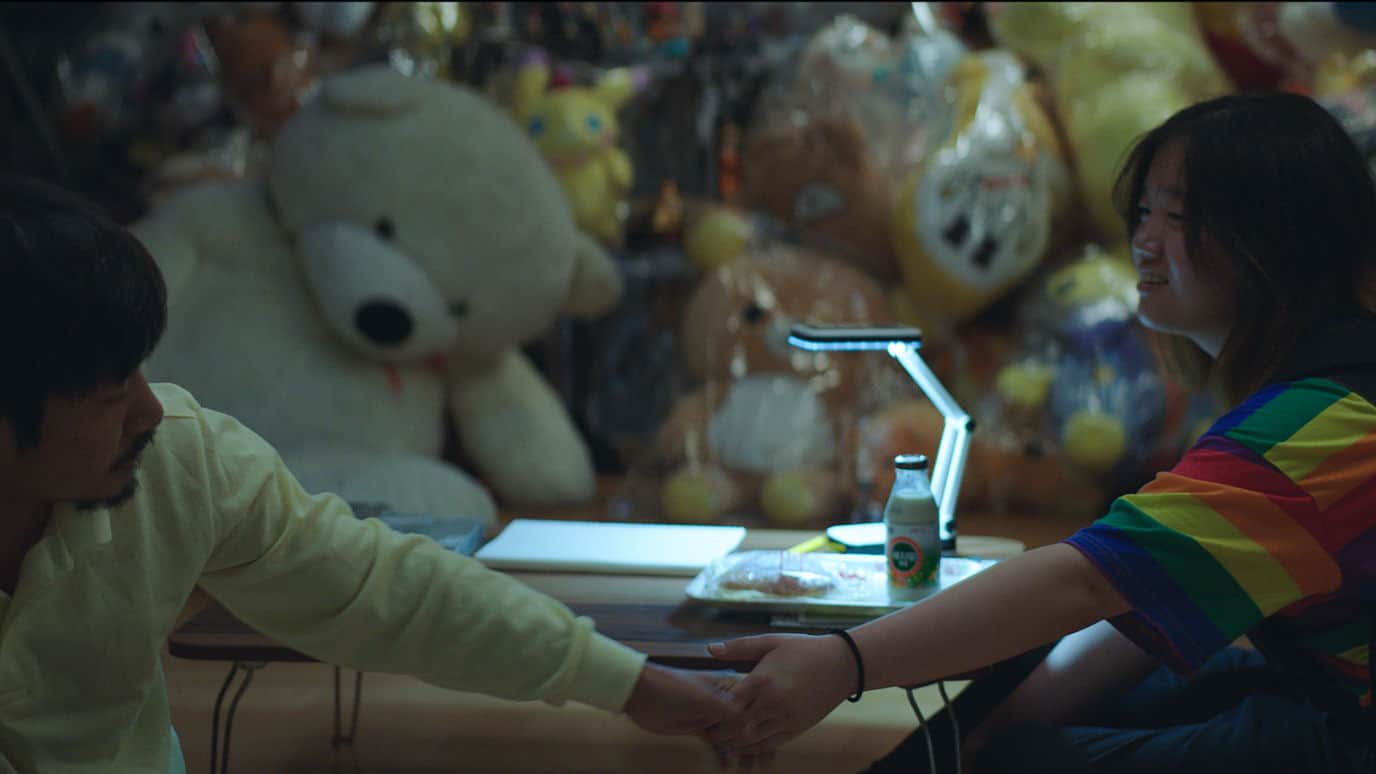
the director seems to make a direct comment about the lack of parenting contemporary Korean youths have to face, and the consequences of this phenomenon. With the exception of Ji-soo's father, who barely treats her as his daughter, but more like his employee, the rest of the young protagonists' parents are nowhere to be found, with their absence being the main medium of Park's comment. Furthermore, the only decent person in the film seems to be Jeong-cheol, whose father is the only parent present, even if only in his imagination. (Panos Kotzathanasis)
36. Moving On (Yoon Dan-bi, 2019)
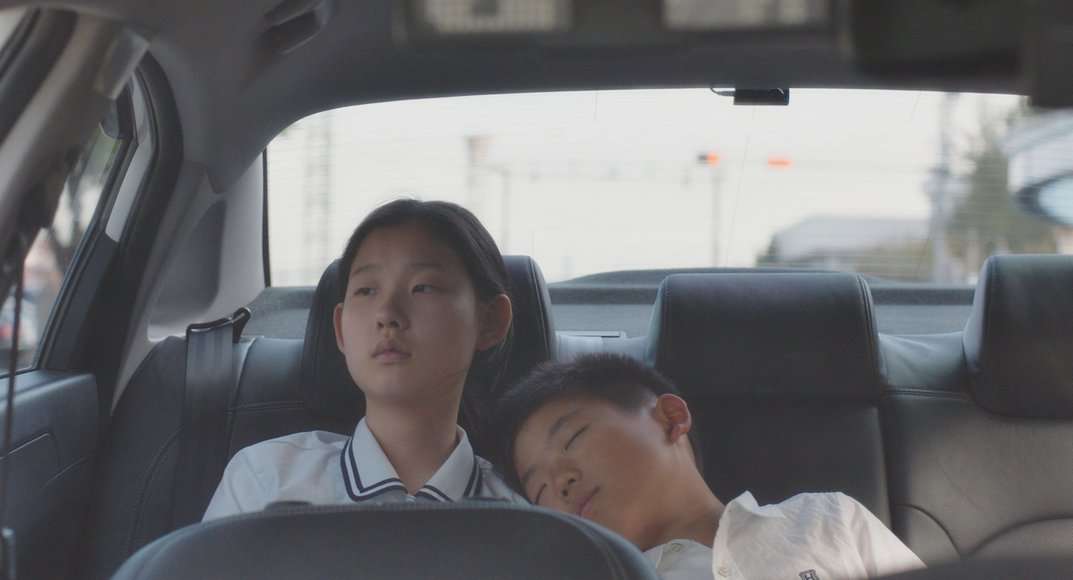
“Moving On” may be a quintessentially Korean film about a traditional Korean family unit, but it is to Yoon Dan-bi's credit that its multi-layered content has universal appeal and can be relatable to cultures and families around the world. Featuring memorable scenes that amuse, entertain and force you to contemplate, the film is sure to make its viewers smile involuntarily at various stages throughout its runtime and stands as one of the finer films of 2019, celebrating the centennial of Korean cinema as a great example of what indie cinema from the country can achieve. (Rhythm Zaveri)
35. Inside Men (Woo Min-ho, 2015)

Woo Min-ho makes a clear comment regarding corruption in the country, and the connection of the judiciary with the press and the politicians. He paints all the individuals of the aforementioned institutions with the darkest colours. To the point that even a mob man like An Sang-goo, looks honest and good in comparison. This depiction stretches beyond their corruption, as they are also presented as sexual deviants. (Panos Kotzathanasis)
Watch This Title
34. Microhabitat (Jeon Go-woon, 2018)

“Microhabitat” is a wonderful little indie film that demands a view for its subtle message, deft execution that is equal parts entertaining and reflective, and brilliant performances. Certainly a film not to be missed from a director who can hopefully build up on this strong debut and go from strength to strength. (Rhythm Zaveri)
Buy This Title
33. Bleak Night (Yoon Sung-hyun, 2011)

Finally, “Bleak Night” is an intimate drama about friendship, about personal tragedy and the pain of growing up. It is a film not defined by the cliches of so many depictions of teenagers, but rather a story showing patience and empathy with its characters and their flaws, even though their decisions end up having tragic consequences. Most importantly, “Bleak Night” shows its director as an artist striving for authenticity and naturalism in his storytelling, one who is aware of the possibilities and limitations of our world. (Rouven Lin)
Buy This Title
32. Anarchist from the Colony (Lee Joon-ik, 2017)
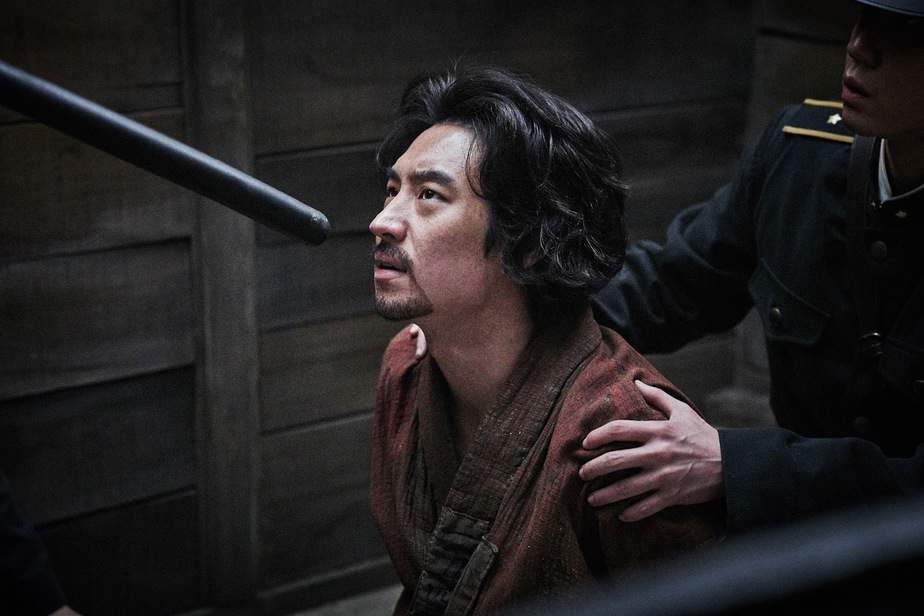
Lee Joon-ik uses a very interesting and quite unusual style of narrative for such a subject, retaining a happy-go-lucky sense for the majority of the film's duration. What is impressive is that he manages to retain this style even in the most dramatic moments, like the violence against Koreans or the beatings of the anarchist group, the interrogations, the trial, even the rather dramatic ending. (Panos Kotzathanasis)
Buy This Title
31. After My Death (Kim Ui-seok, 2017)

Teenagers' suicide in South Korea is inevitably mentioned (suicide is the main reason for young people's death in Korea and the country knows one of the world's highest rate of self-inflicted end of life). Having teenagers at the centre of the drama allows a better exploration of peer pressure, of teens' cruelty and of the difficulty of finding one's place when feeling like an outsider. In that way, it reminds of Yeon Sang-ho's 2011 animation “King of Pigs”. Nonetheless and more largely, the film talks about melancholy, guilt and grieving. Characters are longing for absolutes but end up alienated from society. The feature is more a reflection of society as a whole and not so much specific to school days. (Oriana Virone)


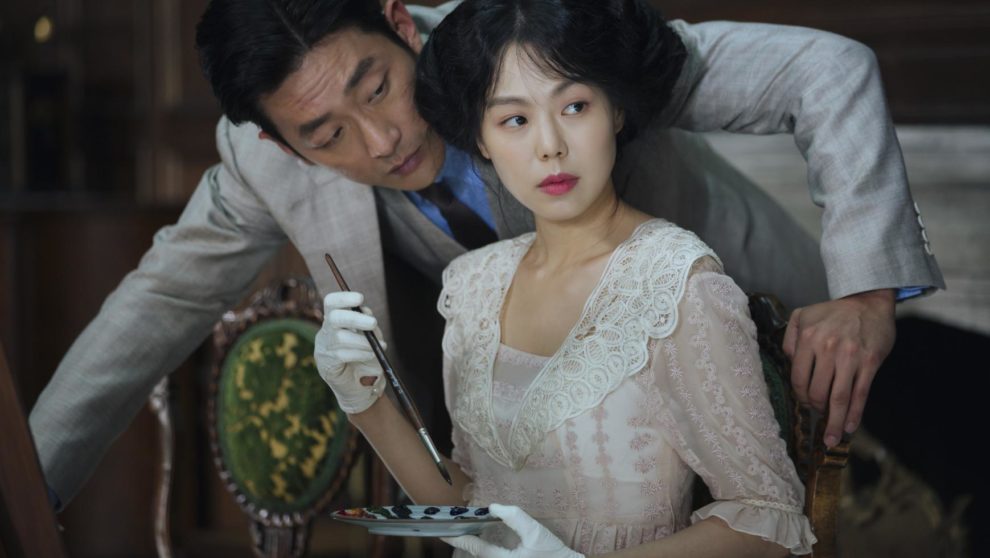
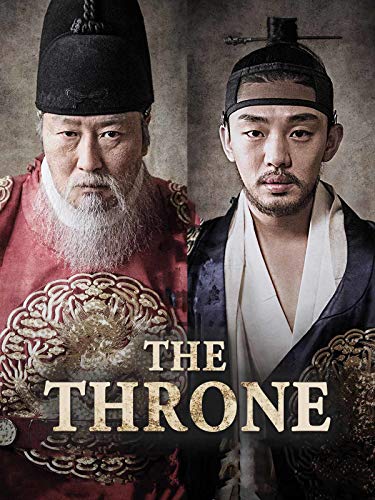
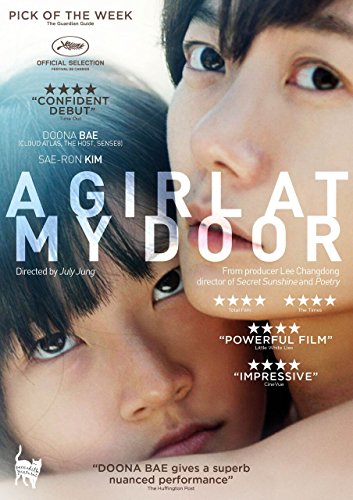
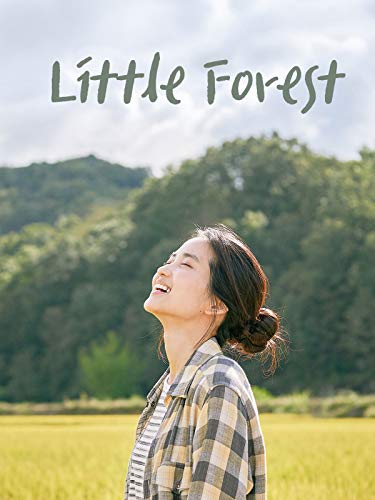
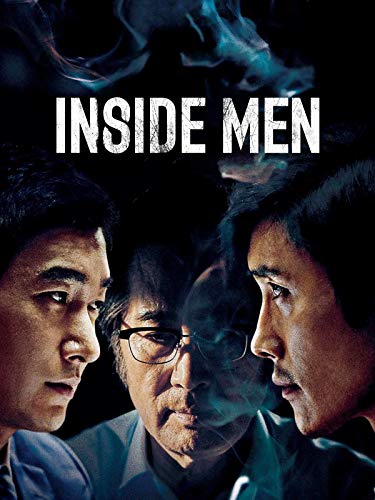
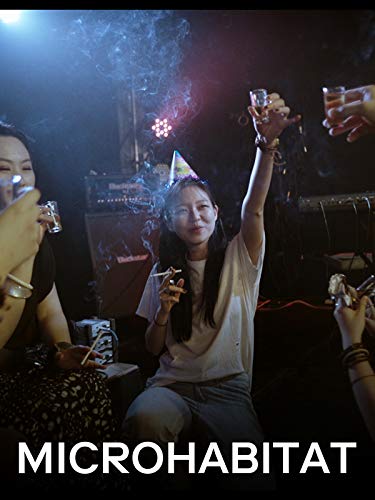
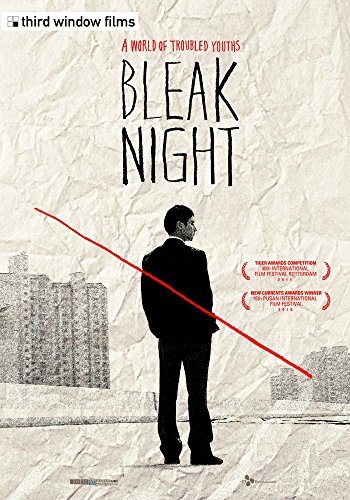
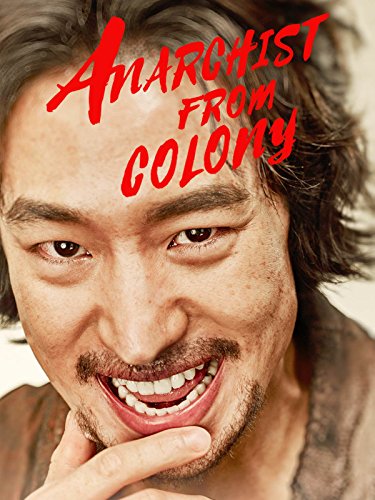
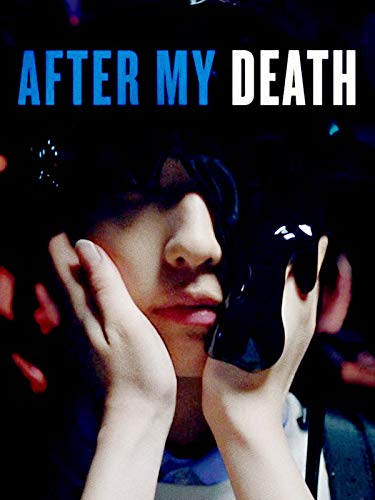

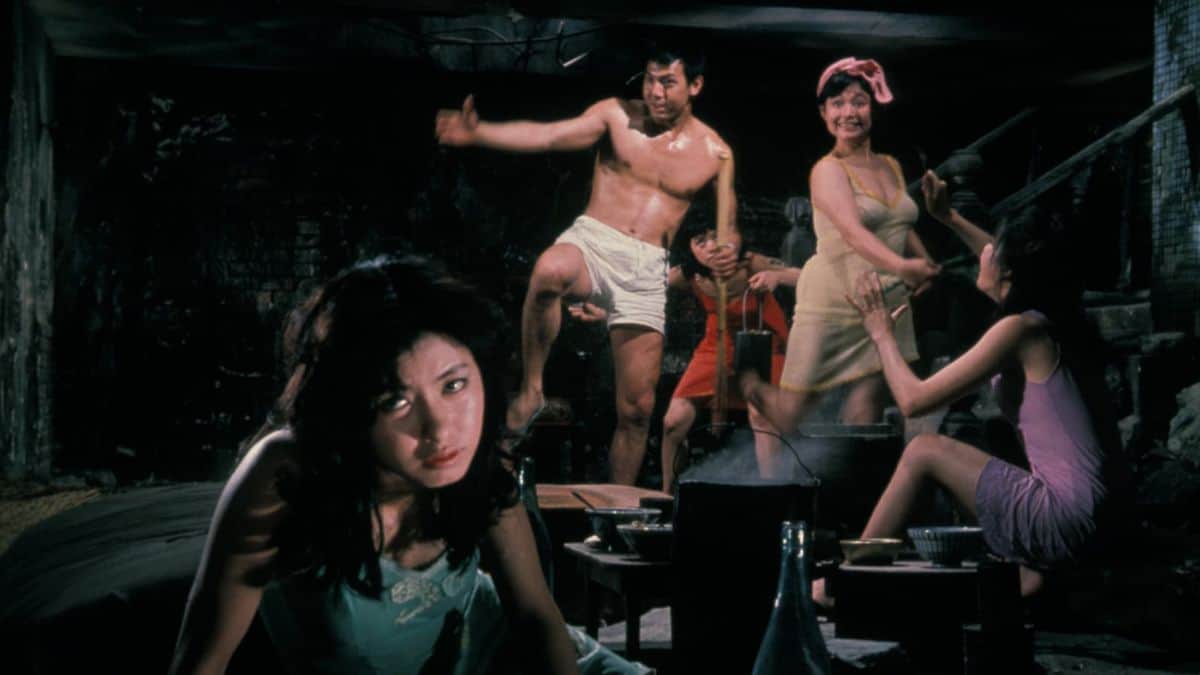

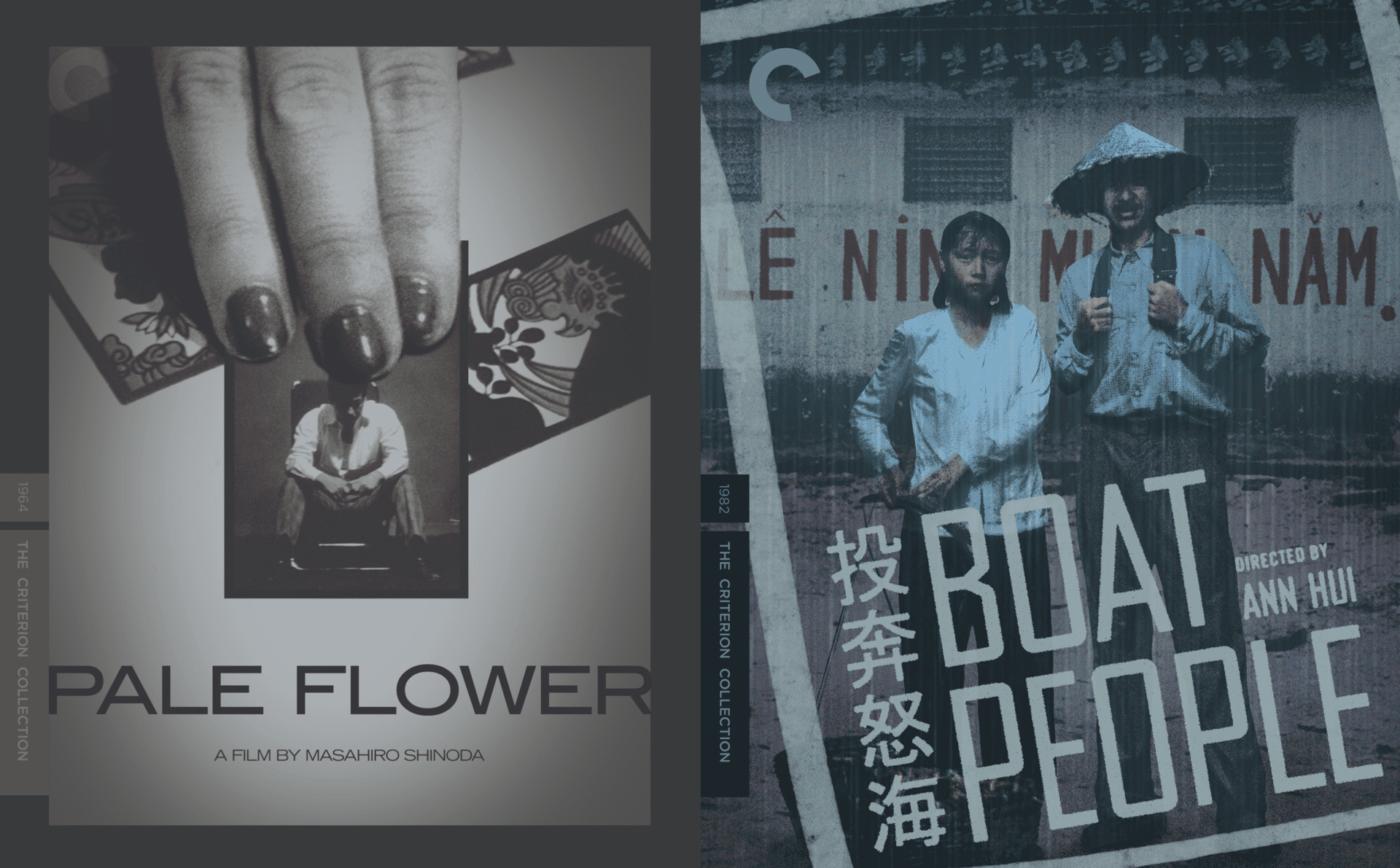
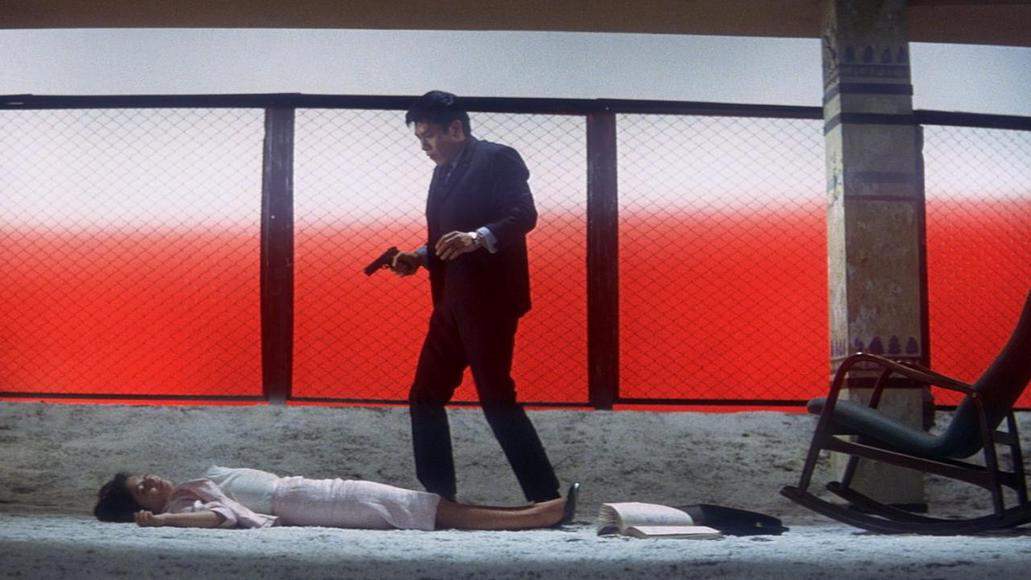









where is i saw the devil? that movie its awesome.
It is a 2010 movie